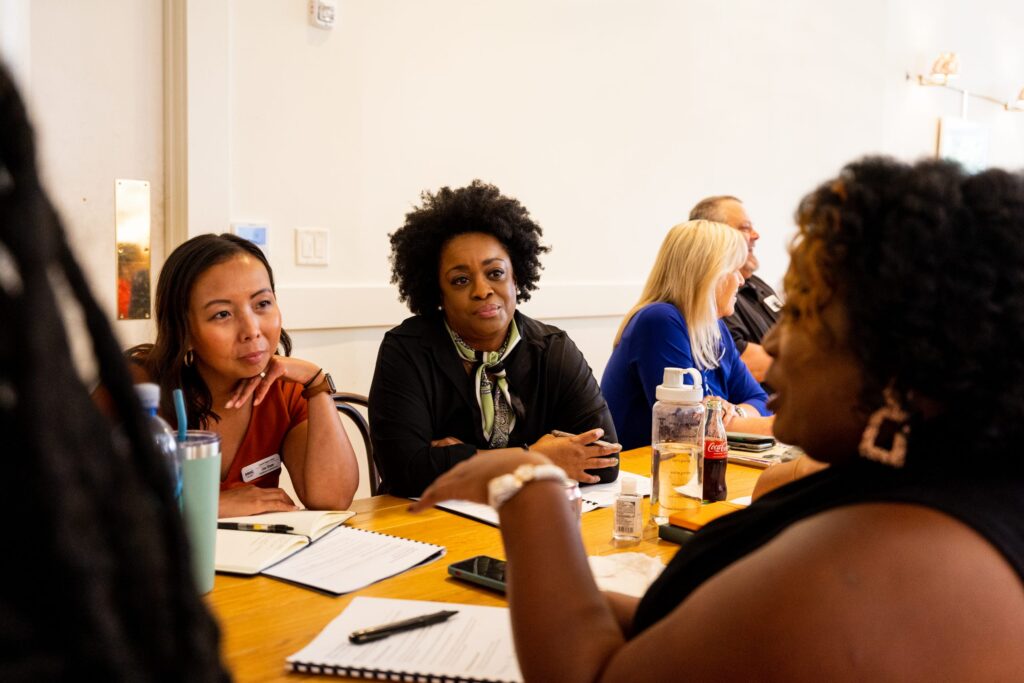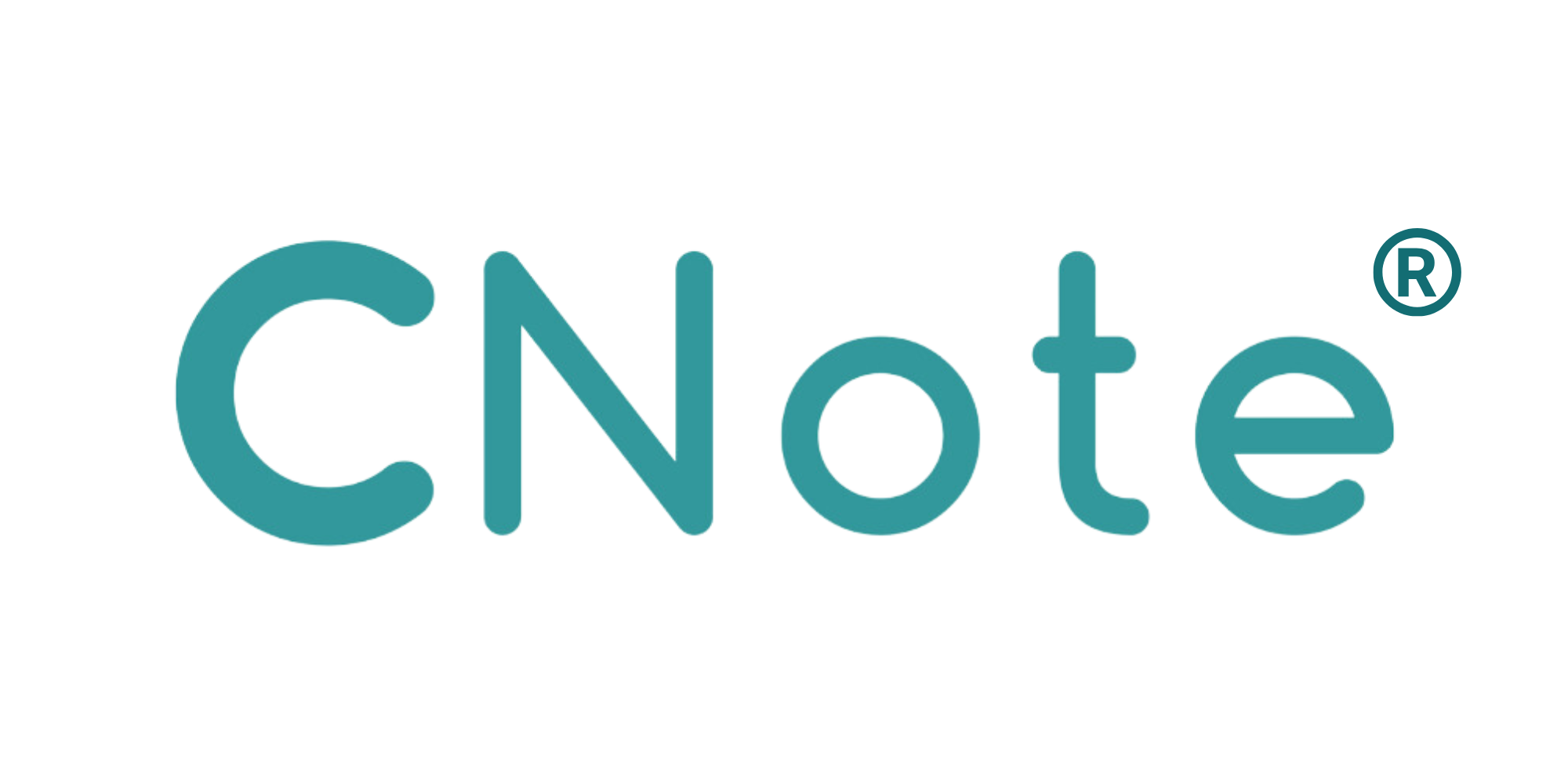Authored by CNote’s Director of Due Diligence, Julia Phipps
In the U.S. much of how we define success can only be achieved with access to sufficient capital. Pursuing an education, providing security and food for your family, and even employment mobility is often limited by an individual’s capital. Inadequate access to capital continues to be a particularly important constraint limiting the growth of small businesses and the development of generational wealth.
Historical programs such as redlining and persistent racial discrimination have meant access to capital is largely racially biased. This weighs heavily on BIPOC communities and has contributed to the wide racial wealth gap. According to recent economic reports, the median net worth for white households is currently almost 8 times the median net worth of Black households. Unfortunately, the disparity in these numbers has remained consistent for over two decades.
On the frontline of this effort to fund and support communities of color across the U.S. is a network of Black-led, impact-driven financial institutions. For years, these institutions have played a vital role in generating economic growth and opportunity in some of our nation’s most distressed communities. Black-led institutions, which are often located in predominantly BIPOC neighborhoods, work within communities of color and are important for their cultural competence. These institutions maintain close ties with the communities they serve, and can better advocate for the challenges they face – like limited access to capital.

This work is needed most in times of economic or natural disaster, when BIPOC communities are often the hardest hit and slowest to reach recovery. For example, during the housing crisis between 2007 and 2013, Black-owned lenders increased mortgage lending to Black borrowers while other institutions retreated. Similarly, CDFIs, often considered financial first responders in a crisis, stepped up to support Black-owned businesses during the worst of the pandemic. Overwhelming evidence has pointed to community-based businesses as one of the most effective tools to close the racial wealth gap.
At CNote we are poised to work with an array of inspiring, Black-led banks and loan funds with either a community development financial institution (CDFI) designation, a minority depository institution (MDI) designation, or at times both a CDFI and MDI designation. We have seen firsthand the unique ways they are able to show up and support Black communities.
Baltimore Community Lending (BCL) is a Black-led CDFI serving the greater Baltimore Metro area with innovative and flexible financial resources to promote community development. They are dedicated to delivering these resources to low-wealth, low-income, and other disadvantaged populations to help them join the economic mainstream via loans to small real estate developers and small business owners committed to developing under-resourced neighborhoods.

In 2021, BCL deployed $7.5 million to real estate developers and small business owners in Baltimore City who had no relationship with or were unable to get a loan from mainstream financial institutions. They supported the creation of 43 affordable housing units, community facilities, and mixed-use developments in Baltimore neighborhoods.
In addition to their lending impact, BCL is involved in numerous efforts to uplift the CDFI industry as a whole to better serve entrepreneurs of color. Watchen Harris Bruce, the CDFI’s CEO, is also a board member of the African American Alliance of CDFI CEOs (AAA), a nonprofit coalition with the purpose of strengthening AAA members and empowering their organizations to scale efforts to sustainably support low-and moderate-income Black populations and communities across the U.S. As well as working with CNote to deliver investor capital to communities across Baltimore, BCL is a member of the Wisdom Fund Collaborative, a cohort of lenders from across the nation that share loan data and peer learnings to make the lending process more inclusive for women of color entrepreneurs.

Citizens Trust Bank (CTB), is an impact-driven financial institution that was established in 1921 and is headquartered in Atlanta, GA. Led by a Black, woman CEO and as a designated CDFI and MDI, CTB is committed to closing the racial wealth gap and uplifting Black and Brown communities through financial education and inclusion. CTB has focused on bringing financial services and products to people of color since its inception, with a deepened focus on providing access to unbanked and underbanked individuals. A critical component of this is both assisting community members in establishing a banking relationship and providing access to lending products. One additional area of focus for CTB that has a resounding impact through BIPOC communities is homeownership assistance.
Homeownership has been the most effective way that Americans build wealth, which can be passed down from generation to generation. CTB-hosted homeownership workshops reach over 4,000 people annually. With over 90% of its assisted home mortgages located in the communities the Bank serves, and more specifically to people of color, this has broad implications for creating sustainable wealth in BIPOC households and communities beyond.
These are two of the institutions innovating supportive financial resources for Black communities across the U.S. We urge you to consider how you can in turn support these financial institutions in their mission and in doing so, further diversity, equity, and inclusion in our financial system and communities at large.
Here are resources to explore during Black History Month and beyond:
- Discover Black-owned banks by state
- Learn about what they are and how to invest in POC-led banks and credit unions
- Support the African American Alliance of CDFI CEOs by donating or consider banking with one of their members
- Explore CNote’s Wisdom Fund and our other solutions delivering capital to under-resourced communities across the U.S.


